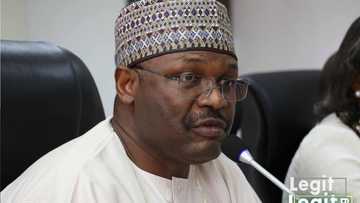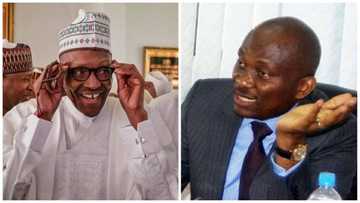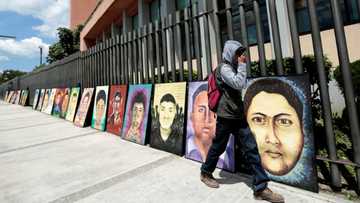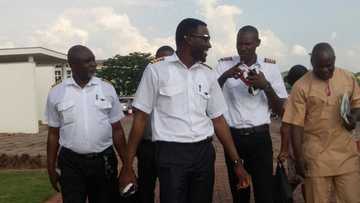2023: Elections and Needless Confusion Over Manual Result Collation, by Moshood Isah
Editor's note: In this piece, Moshood Isah gives clarity on the intricacies and disparities that come with the manual collation of the results by INEC in the forthcoming general elections in 2023.
PAY ATTENTION: Click “See First” under the “Following” tab to see Legit.ng News on your Facebook News Feed!
Recently, a traditional news platform published a story saying that the Independent National Electoral Commission (INEC) will collate the 2023 election results manually and this surprisingly generated a lot of criticisms and even allegations of potential rigging of the February 2023 polls.
The sudden uproar and contrasting feedback look valid at first glance, considering the fact that a new electoral law that legalizes (but not mandates) deployment of electoral technology was signed into law six months ago.
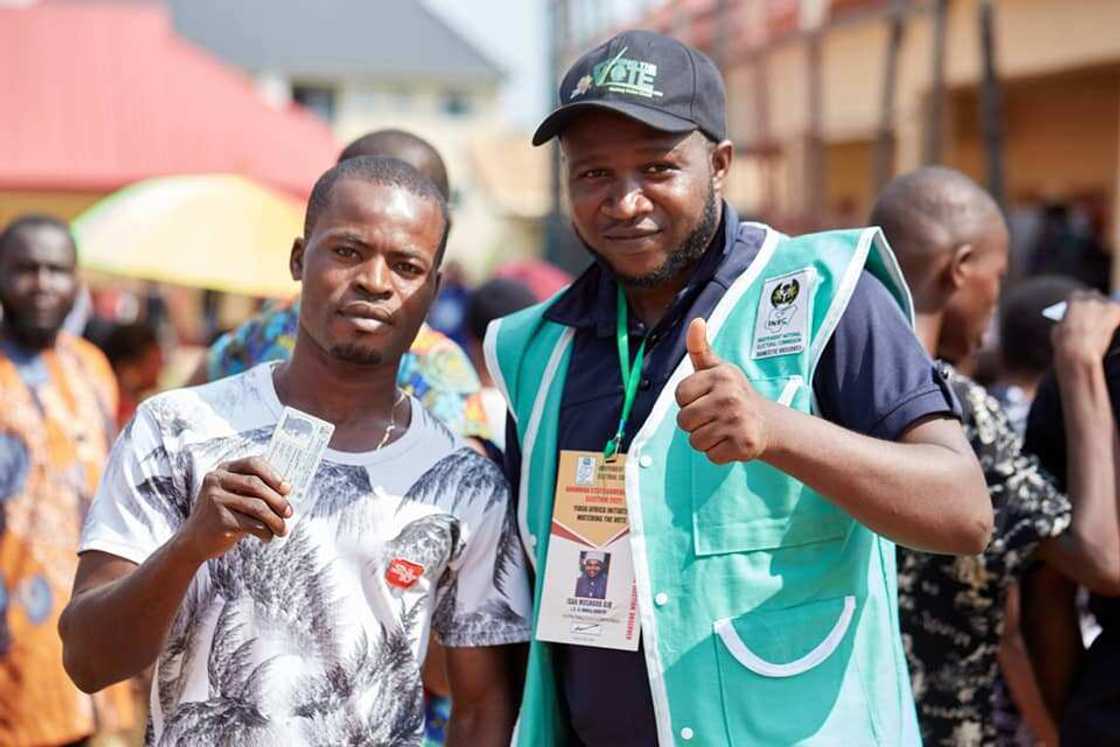
Source: Facebook
However, a closer look at the law guiding the process and the administration of the recent Ekiti and Osun Governorship elections shows that manual collation of election results does not reduce transparency or expose the process to undue manipulation.
In the interview, National Commissioner Festus Okoye supported his assertion with “Section 60(5) of the electoral act 2022 which makes it mandatory that the presiding officer shall transfer the results, including the total number of accredited voters and the results of the ballot in a manner prescribed by the commission.
PAY ATTENTION: Share your outstanding story with our editors! Please reach us through info@corp.legit.ng!
This means the presiding officer shall after recording and announcing the results deliver the same along with election materials under security and accompanied by the candidates or their polling agents, where available to such person as may be prescribed by the commission.
The implication according to him is that, that the collation process of results is still essentially manual, but the collation officer must collate subject to his verification and confirmation that the number of accredited voters stated on the collated result are correct and consistent with the number of accredited voters recorded and transmitted directly from polling units.
Mr. Festus even went ahead to explain that while the collation of results would essentially be done manually, where there was a dispute regarding a collated result or the result from any polling unit, the collation or returning officer would use the original of the disputed collated result, accreditation data from the BVAS device and the results transmitted directly from the polling unit to determine the correctness of the result.
The further explanations inside the story couldn’t stop the inherent distrust garnered by the commission over the years that it had to follow up with an official press statement to clarify its stand on results collation and electronic transmission of election results.
It is imperative to add that election results are collated publicly using verified figures already transmitted electronically and uploaded via the INEC Result Viewing (IRev) portal. The paper copies of the results from EC8A are completed by the presiding officer, verified, and signed by the party agents before the results are uploaded on the online results viewing platform.
The election result viewing portal was first piloted in the Nasarawa State Constituency Bye Election in August 2020 and then in state-wide governorship elections in the months of September and October in 2020, before it was legalized by the electoral law before the Ekiti and Osun 2022 polls.
The innovation has no doubt improved the transparency of the electoral process with citizens' access to untainted election results from polling units. As a matter of fact, the foremost election observer group, Yiaga Africa piloted its Election Results Analysis Dashboard (ERAD) in the Ekiti and Osun polls where it projected and analyzed election results as uploaded on the INEC results viewing portal from the polling units.
While this innovation is important, the commission has an opportunity to further improve the process by ensuring results from every stage of collation are also transmitted electronically and uploaded on the portal for citizens' access.
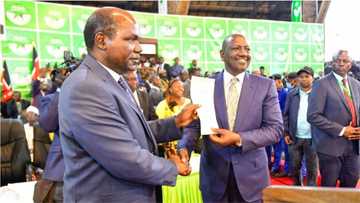
Read also
Kenyan election: Why social media dominance failed to determine outcome of poll, Oshodi reveals
This basically implies that, while results on form EC8A also are uploaded from the polling unit level, there is a need to undergo the same process for the results collated at the Local Government and State level (in the case of the Presidential election). This will enable citizens to manually collate uploaded results even before the final collation process for the Presidential elections in Abuja.
Thus, the outcry on the issue of manual collation is probably due to the poor knowledge of Nigeria’s electoral framework or lack of confidence in the electoral commission and the reputation it had spent the last decade rebuilding.
It is indeed worrisome that, despite the citizens-driven campaign on electoral reform and marked improvement in the transparency of our elections, there remains a trust deficit between Nigerians and the Independent National Electoral Commission (INEC).
Nigeria is heading into a crucial period of campaigns ahead of the 2023 general elections where every tiny comment and information could be misinterpreted into manipulating electoral fortunes.
This is the period where political parties and their supporters are ready to cast aspersions on every action that seems not to favour their aspirations.
In this vein, the commission must use this incident as an opportunity to improve its communication with the public, especially on its processes and procedures to prevent the recurrence of these forms of misinterpretations.
Also, not just the commission but Civil Society Organizations and Political parties must invest time and resources in educating eligible voters and indeed the average Nigerian on the law guiding the electoral process to enable voters to participate from an informed perspective.
Disclaimer: The views and opinions expressed here are those of the author and do not necessarily reflect the official policy or position of Legit.ng.
Your own opinion articles are welcome at info@corp.legit.ng— drop an email telling us what you want to write about and why. More details in Legit.ng’s step-by-step guide for guest contributors.
Contact us if you have any feedback, suggestions, complaints, or compliments.
Source: Legit.ng


